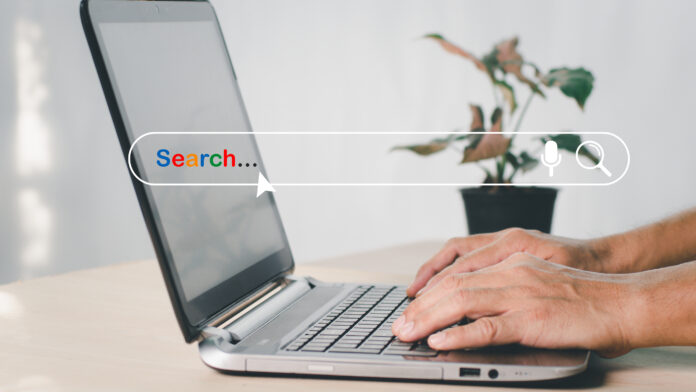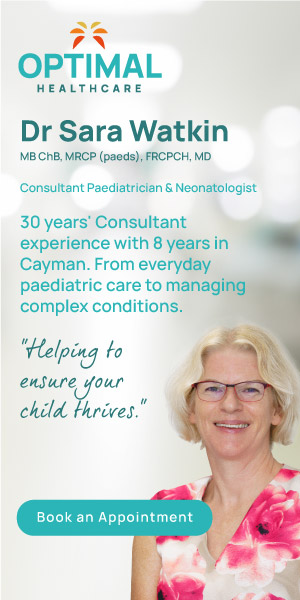In a digital age where answers are just a few clicks away, it’s tempting to turn to the internet when something feels off with your health. The internet—including many social media platforms such as TikTok—is flooded with “health hacks” and medical trends as well as influencers sharing advice that often goes viral. But behind the quick tips lies a growing risk: self-diagnosis based on unverified trends.
While information is more accessible than ever, misinformation is equally rampant—and it can be dangerous.
Using ‘Dr Google’
It’s become almost second nature for many to type their symptoms into a search engine, such as Google. However, a simple search about what could be causing your headache can quickly spiral into alarming results—such as assuming it’s a sign of a brain tumour. Similarly, looking up the causes of fatigue might lead someone to believe they have a rare autoimmune condition.
Most of the time, algorithms lack context, your medical history, and the nuanced insight that a trained professional brings to the table. Choosing the internet entirely over an in-person consultation can be a costly mistake—both financially and medically.
Some Truths—But Context Matters
It’s worth acknowledging that not everything online is entirely wrong. Some trends may be based on emerging science or shared experiences that others genuinely relate to. For example, videos discussing the signs of certain health conditions might raise awareness and, in some cases, encourage people to seek help they may have otherwise ignored.
However, context is key.
Without a medical professional’s guidance, it’s easy to misinterpret these messages or apply them incorrectly. That’s why it’s always best to verify any information you come across with a trusted source.
If you’re browsing online for health-related advice, try to stick to reputable channels—such as the official social media pages of registered healthcare providers or governing organisations (e.g. Health Services Authority/Public Health in Cayman). Credibility matters. The more trustworthy the source, the safer the advice.
Trending Now, Harmful Later
Internet trends can be especially misleading. A recent surge in “gut health” content has led many to try restrictive diets or unregulated supplements without understanding the underlying science. Others self-diagnose conditions like ADHD, PCOS, or hormonal imbalances based on simplified checklists found online.
These trends often begin with good intentions and can help raise awareness, which isn’t inherently a bad thing. However, the risk of misdiagnosis, delayed treatment, or heightened anxiety is very real. Even more concerning, some individuals may resort to self-medicating based on what they’ve seen online—potentially leading to harmful interactions with existing medications or worsening their health condition.
Why the Human Element Matters
Unlike internet content, which more generic and one-size-fits-all, your doctor will consider your full medical background, order appropriate tests, and offer evidence-based advice. They can also refer you to specialists or other support services if needed.
Most importantly, they’ll give you peace of mind grounded in professional care—not speculation.
While some online health trends do link to legitimate conditions or reflect real patient experiences, it’s important not to make any drastic changes to your lifestyle before consulting with your doctor. What might seem like helpful advice online can often be misleading without the right context or expertise behind it.




